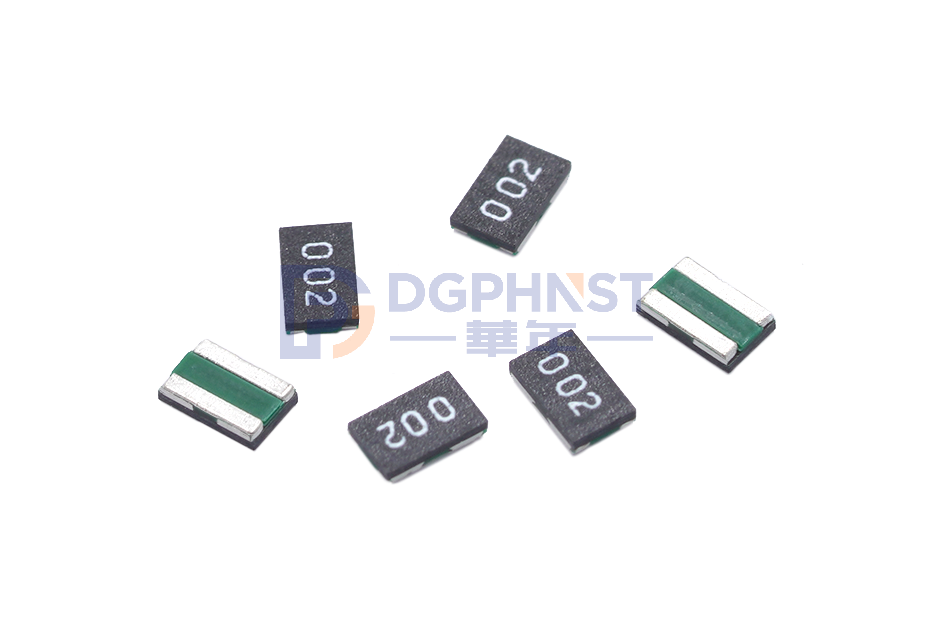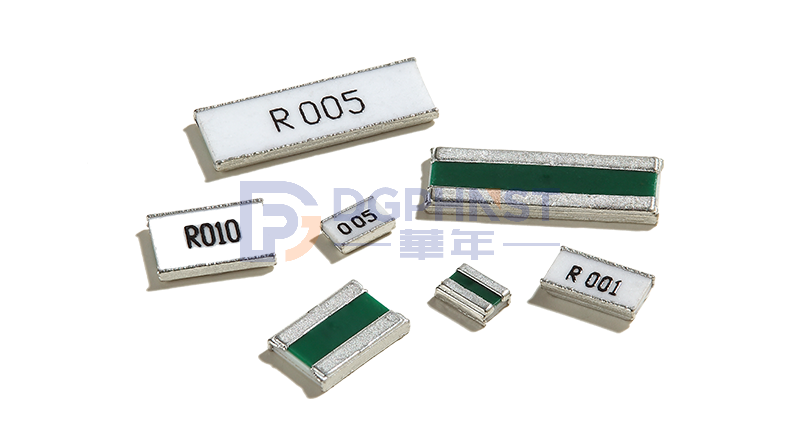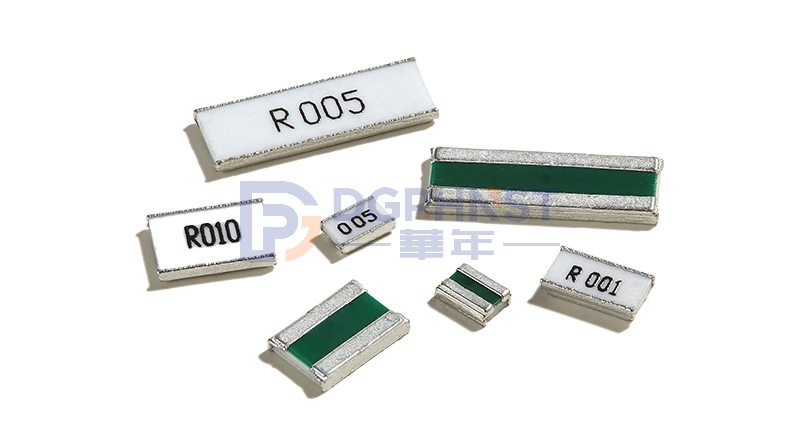
WALTER-MHTC
Wide Terminal Current Sensing Resistor

WALTER-HTEM
Wide Terminal Current Sensing Resistor

WALTER-HTE-C
Wide Terminal Current Sensing Resistor
The wide-electrode current sensing resistor is a resistor device used for accurate current measurement. It employs a wide-electrode structure that enables more stable and precise current measurement results. This article aims to introduce the principles, structure, features, and applications of wide-electrode current sensing resistors.
1. Wide electrode current detection resistance Principles
The wide-electrode current sensing resistor utilizes the relationship between the voltage and current of a resistor to measure current. By applying the desired current to the wide-electrode resistor and measuring the voltage across the resistor using voltage electrodes, the precise current value is calculated based on Ohm's law (V=IR).
2. Wide electrode current detection resistance Structure
The wide-electrode current sensing resistor typically consists of a precision resistor element and a wide-electrode structure. The resistor element is manufactured using high-precision materials to provide accurate resistance values. The wide-electrode structure includes two current electrodes for transmitting the desired current and two voltage electrodes for measuring the voltage across the resistor.
3.Wide electrode current detection resistance Features
- High-precision measurement: The wide-electrode current sensing resistor utilizes a wide-electrode structure, eliminating the resistance influence of lead wires and enabling high-precision current measurement.
- Low resistance value: This type of resistor usually has low resistance values, allowing it to withstand high currents without significant heat generation or voltage drop.
- Low temperature drift: The wide-electrode current sensing resistor exhibits low temperature coefficients, ensuring stable measurement results under different temperature conditions.
- Wide operating temperature range: It can operate effectively over a wide range of temperatures, accommodating various environmental conditions.
- Strong immunity to interference: With the elimination of lead wire effects through the wide-electrode structure, this resistor demonstrates strong immunity to external interference.
4. hnstshop.com/product-list/R07-p1-l10.html" target="_blank" rel="noopener">Wide electrode current detection resistance Application Areas
The wide-electrode current sensing resistor finds widespread applications in various fields, including but not limited to:
- Electronic measurement instruments: Used for accurate current measurement in multi-purpose meters, oscilloscopes, power analyzers, and other testing equipment.
- Power electronics: Applied in motor controls, power supplies, inverters, and battery management systems for current monitoring and regulation.
- Automotive industry: Employed in electric vehicles, hybrid vehicles, and automotive power distribution systems for current sensing.
- Industrial automation: Used in industrial machinery, robots, and control systems for precise current monitoring and protection.
In summary, the wide-electrode current sensing resistor is a crucial component for accurate current measurement, widely applied in various fields. Its high-precision measurement, low resistance value, temperature stability, and strong immunity to interference make it valuable in the realms of electronics and power management. When selecting and using wide-electrode current sensing resistors, specific application requirements should be considered to ensure optimal performance and reliability.
